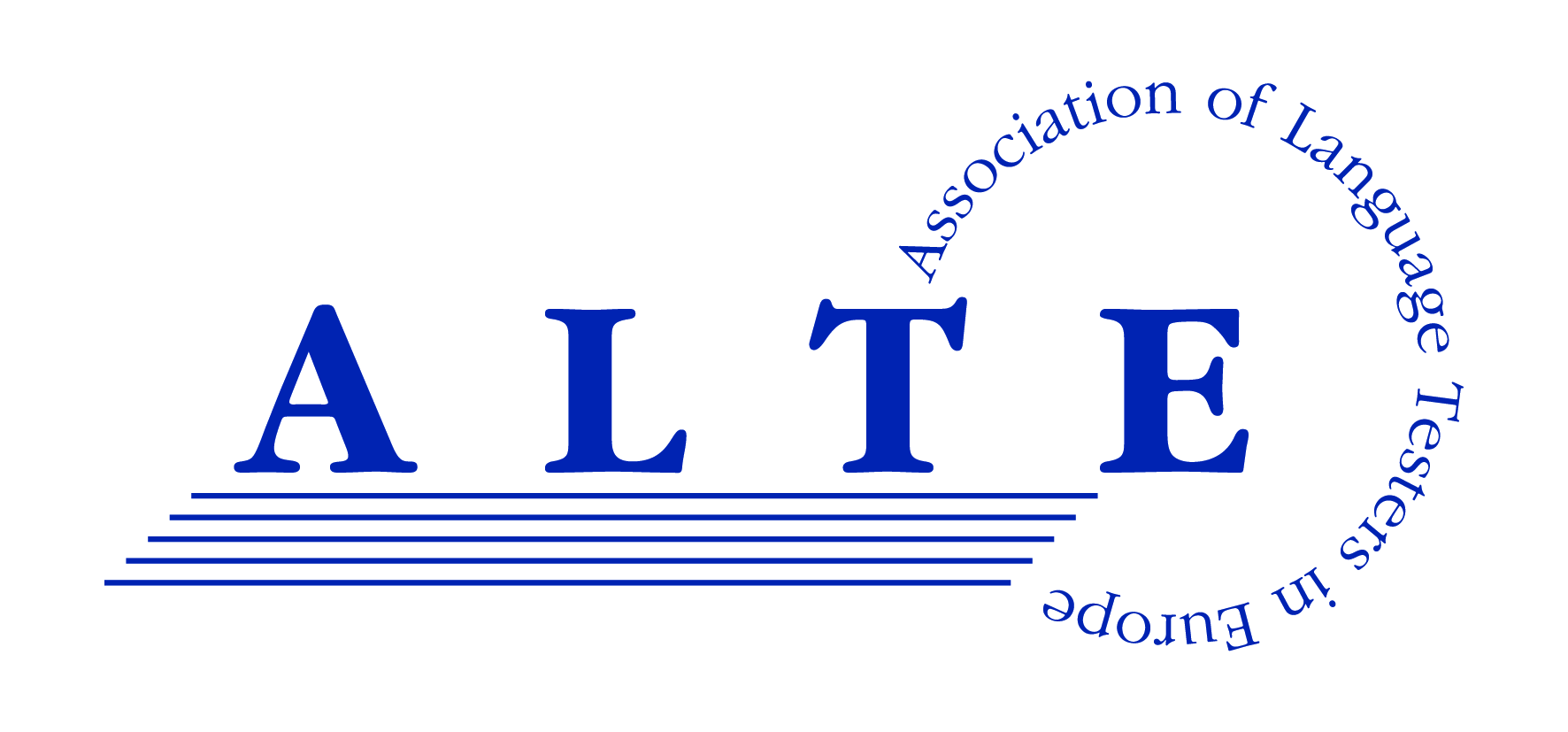On the occasion of the celebration of the 50th anniversary of ÚJOP within Charles University, its current director, PhDr. Dana Hůlková Nývltová, Ph.D., talked to the institute's prominent veterans, PhDr. Zdeňka Ostmeyerová, PhDr. Ladislav Kaska and PhDr. Podroužek, about their life story, professional milestones and personal memories.
Teaching in Hamr na Jezeře was two wonderful years for me, we were like a family. Professionally, on the other hand, I was in for a bit of a shock there, because in five years at the faculty I had never come across Czech as a foreign language. Fortunately, the direct method was already used in teaching. From 1963, specialized subjects were firmly embedded in the curriculum. In all my 40 years of teaching, I've never gone to class unprepared. Even back then I thought that it was possible to start teaching specialized subjects earlier and that knowledge of the language and a specialized subject could be developed at the same time.
Due to intensive uranium mining, the students had to be moved from Hamr to the Zahrádky castle. Zahrádky thus became the largest centre until 1983, when the centre in Poděbrady was established.
Art and social science courses were taught in Prague, including the Czech studies.
Between 1969 and 1970 I wrote an annual report: Methodology of Conspectus Practice and Work with Text.
In 1983 I attended a lecture in Prachatice and a national conference on teaching foreign students, where my main topics were professional language, work with a non-adapted text and preparation of students for university studies.
In 1969 I wrote the Introductory Course in History....this is how PhDr. Ostmeyerová became a pioneer in the CLIL method and in Czech for specific purposes.
On my trip I learned Bulgarian without studying grammar. The message to foreign language learners is therefore: 'Speak, speak and don't be afraid of situations in which you are on your own. Don't burden yourself with grammar from the beginning."
I also have a message for teachers of international students: 'Don't leave your students like lost children in the woods. They are alone in a foreign country. They need to feel a sense of humanity from the teacher."
1977 - The centres were operated under the rector's office, the Prague workplace became a methodological centre and was attached to the Department of Czech Language and Literature of the Pedagogical Faculty.
1981 - Teaching at the centres was reunited with the methodological centre.
1989 - Political freedom came, to which ÚJOP had to react flexibly because the main focus, i.e. teaching of government-supported foreign students, ended with the fall of communism. Thus, new types of courses were created and the tradition of Czech summer schools began.
1990s - PhDr. Ostmeyerová was a member of the Academic Senate and a Deputy Director for Studies at ÚJOP.
2005 - PhDr. Ostmeyerová retired, but continues to cooperate with ÚJOP in the form of reviewing papers and is also active in the Association of Teachers of Czech as a Foreign Language.
Mr. Kaska started working with foreign students in 1965. He went through the centres Hamr na Jezeře, Mariánské Lázně, České Budějovice, Poděbrady and Prague Albertov.
Mr. Kaska took over the Poděbrady Centre from the Czech Technical University in a condition when it was heated with coal. He built it up step by step, including the teaching staff, equipment and reconstruction.
In 1974, ÚJOP transferred from the University of 17 November to Charles University. By that time, ÚJOP was already preparing students for all universities in the Czech Republic and teaching specialized subjects in Czech.
Mr. Kaska spent 41 years working with international students. In addition to teaching, his work included after-school services, helping international students from various countries to adapt even in the days before the Internet and globalization.
"I wish you a lot of students and, above all, no wars." Mr. Kaska significantly helped ÚJOP in the process of adaptation of Ukrainian students in the Czech Republic after the beginning of the Russian occupation. His work on the now recognized CLIL language teaching method has been trailblazing.
I went through Teplice, then Zahrádky, České Budějovice, Havana in Cuba, Prague and back to Cuba.
The main task was to save the existence of ÚJOP at Charles University. It was important to preserve the unique know-how and to transform ÚJOP to be able to operate successfully on the free market. The demand was coming from Arab countries, countries of the former Soviet Union, Latin America, Asia, etc.
Preparatory programmes in English started after the Velvet Revolution. Competition is always tough, but the preparation at ÚJOP was definitely better than elsewhere.
General Contact
ujop@ujop.cuni.cz
+420 212 245 245
Foundation Programmes:
studujop@ujop.cuni.cz
![]() +420 778 754 481 (text first)
CCE Exams, Exams for Faculty of Medicine, MOCK TESTS:
vtc@ujop.cuni.cz
+420 212 245 245 (DID. 3334)
Exams for Permanent Residency:
praha.trvalypobyt@ujop.cuni.cz
+420 212 245 245 (DID. 3334)
Exams for Citizenship:
obcanstvi@ujop.cuni.cz
+420 212 245 245 (DID. 3334)
+420 778 754 481 (text first)
CCE Exams, Exams for Faculty of Medicine, MOCK TESTS:
vtc@ujop.cuni.cz
+420 212 245 245 (DID. 3334)
Exams for Permanent Residency:
praha.trvalypobyt@ujop.cuni.cz
+420 212 245 245 (DID. 3334)
Exams for Citizenship:
obcanstvi@ujop.cuni.cz
+420 212 245 245 (DID. 3334)
ID No.: 00216208, VAT No.: CZ00216208
Data Box ID: piyj9b4
The Institute for Language and Preparatory Studies of Charles University (ÚJOP in Czech)
Vratislavova 29/10
128 00 Prague 2
Czech Republic
